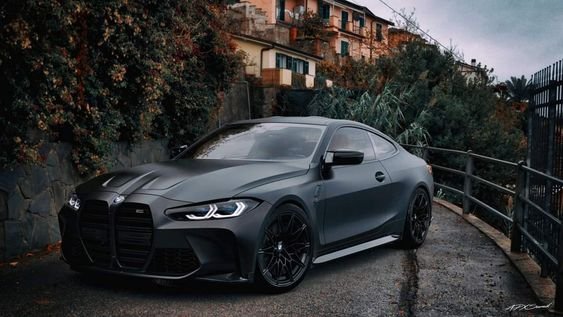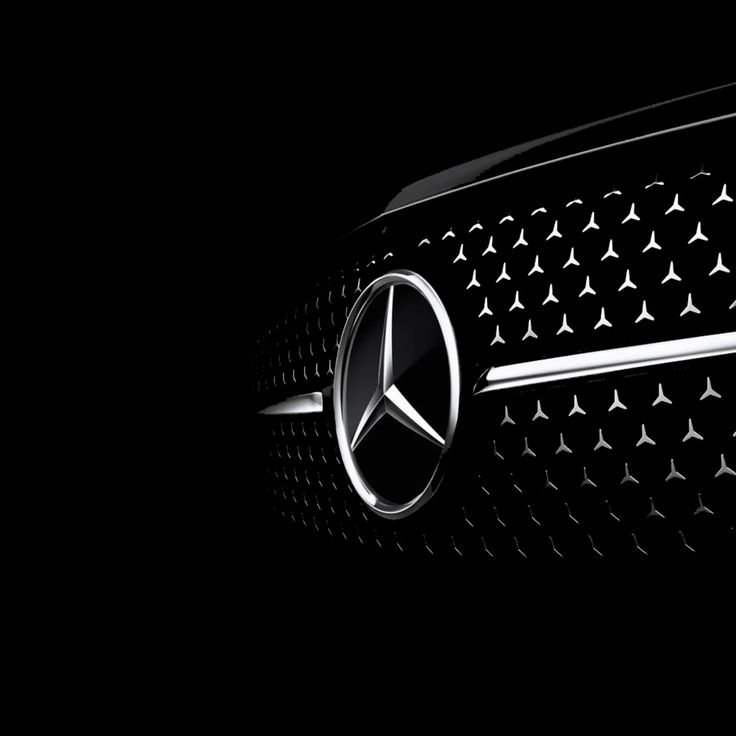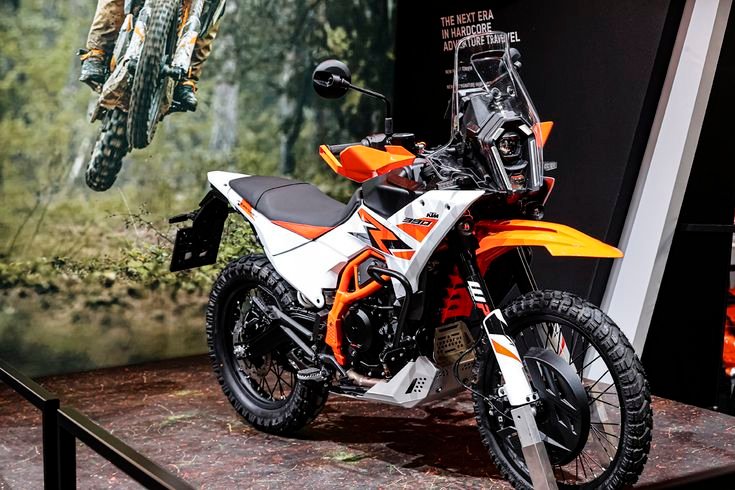
The automotive industry is a dynamic and rapidly evolving sector that encompasses vehicle manufacturing, innovation, and a wide range of supporting services. The top players in this industry are companies that have established themselves as leaders through technological innovation, market share, production capacity, and global reach. These companies are shaping the future of transportation by investing in electric vehicles (EVs), autonomous driving technologies, connectivity, and sustainable manufacturing practices. Here are the top 10 players in the automotive industry who are at the forefront of this transformation:
1. Toyota Motor Corporation
Toyota Motor Corporation is the world’s largest automaker by production volume and sales. Headquartered in Toyota City, Japan, the company has a long-standing reputation for quality, reliability, and innovation. Toyota has been a pioneer in hybrid technology with the introduction of the Prius, the world’s first mass-produced hybrid car, and continues to invest heavily in the development of electric vehicles and fuel cell technologies.
- Key Strengths: Extensive global presence, strong brand recognition, leadership in hybrid technology, and a diverse product portfolio ranging from compact cars to full-size trucks.
- Recent Developments: Toyota is expanding its electric vehicle lineup and aims to launch 30 battery-electric vehicles (BEVs) by 2030. The company is also investing in hydrogen fuel cell technology as part of its strategy for zero-emissions vehicles.
2. Volkswagen Group
The Volkswagen Group is one of the largest automotive conglomerates globally, comprising multiple iconic brands such as Volkswagen, Audi, Porsche, Bentley, Bugatti, Lamborghini, SEAT, and Skoda. Based in Wolfsburg, Germany, Volkswagen has a dominant presence in both the passenger and commercial vehicle segments.
- Key Strengths: Strong brand portfolio, extensive research and development capabilities, and a significant presence in both the European and Chinese markets.
- Recent Developments: Volkswagen is aggressively pursuing its “Way to Zero” strategy, aiming for carbon neutrality by 2050. The company plans to invest heavily in electric mobility, software development, and digital services, with the goal of becoming a leader in electric vehicle production.
3. Tesla, Inc.
Tesla, Inc. has revolutionized the automotive industry by leading the charge toward electric vehicles and autonomous driving. Headquartered in Palo Alto, California, Tesla has set the standard for EV performance, range, and innovation. The company’s lineup includes the Model S, Model 3, Model X, Model Y, and the upcoming Cybertruck and Roadster.
- Key Strengths: Market leader in electric vehicles, strong brand identity, vertical integration, and continuous innovation in battery technology and autonomous driving software.
- Recent Developments: Tesla continues to expand its Gigafactories worldwide to increase production capacity and reduce costs. The company is also enhancing its Full Self-Driving (FSD) software and plans to roll out more affordable EV models in the coming years.
4. General Motors (GM)
General Motors (GM) is one of the largest automakers in the United States, with a broad portfolio of brands including Chevrolet, GMC, Cadillac, and Buick. Headquartered in Detroit, Michigan, GM has a long history in automotive manufacturing and is transitioning towards a future dominated by electric and autonomous vehicles.
- Key Strengths: Extensive manufacturing capabilities, strong presence in North America, significant investments in electric and autonomous vehicle technologies.
- Recent Developments: GM has announced a goal to become carbon neutral by 2040 and plans to launch 30 new electric vehicles by 2025 under its “Ultium” battery platform. The company is also developing autonomous driving technology through its Cruise division.
5. Ford Motor Company
Ford Motor Company is a global automotive leader known for its best-selling vehicles such as the Ford F-Series trucks and the Ford Mustang. Headquartered in Dearborn, Michigan, Ford has embraced the shift towards electric mobility with its ambitious electrification strategy.
- Key Strengths: Strong presence in the North American market, robust truck and SUV lineup, a commitment to electrification and connected vehicles.
- Recent Developments: Ford is investing $22 billion in electrification through 2025, including the launch of the Mustang Mach-E, the all-electric F-150 Lightning, and a range of new electric models. The company is also focusing on developing advanced driver-assistance systems and connected vehicle technologies.
6. Hyundai Motor Group
The Hyundai Motor Group, consisting of Hyundai Motor Company, Kia Corporation, and Genesis Motors, is a major player in the global automotive industry. Headquartered in Seoul, South Korea, Hyundai has gained recognition for its commitment to innovation, quality, and value.
- Key Strengths: Diverse product lineup, strong research and development capabilities, leadership in hydrogen fuel cell technology, and a growing focus on electric vehicles.
- Recent Developments: Hyundai has announced its “Strategy 2025” plan, which includes the launch of 44 electrified models by 2025, with a focus on battery-electric and hydrogen fuel cell vehicles. The group is also investing in autonomous driving technology and smart mobility solutions.
7. Daimler AG (Mercedes-Benz Group AG)
Daimler AG, now known as the Mercedes-Benz Group AG, is the parent company of the luxury brand Mercedes-Benz. Headquartered in Stuttgart, Germany, the company is a leader in the premium car segment and is recognized for its engineering excellence, safety, and innovation.
- Key Strengths: Strong brand equity, leadership in the luxury car market, cutting-edge technology in electric and autonomous driving.
- Recent Developments: Mercedes-Benz has announced its “Ambition 2039” plan, aiming for a carbon-neutral new car fleet by 2039. The company is accelerating its transition to electric vehicles, with plans to go all-electric by the end of the decade in markets where conditions allow.
8. BMW Group
The BMW Group is a leading luxury automaker known for its premium vehicles and motorcycles. Headquartered in Munich, Germany, BMW’s brands include BMW, MINI, and Rolls-Royce. The company is committed to sustainability and innovation, particularly in electric mobility and digitalization.
- Key Strengths: Strong brand portfolio, leadership in the luxury car segment, focus on innovation and sustainable mobility solutions.
- Recent Developments: BMW is expanding its lineup of electric vehicles, with plans to offer 25 electrified models by 2023. The company is also investing in digital technologies, including advanced driver assistance systems and connected car services.
9. Honda Motor Co., Ltd.
Honda Motor Co., Ltd. is a global automotive leader known for its diverse product range, including automobiles, motorcycles, and power equipment. Headquartered in Tokyo, Japan, Honda is recognized for its commitment to quality, reliability, and innovation.
- Key Strengths: Strong reputation for engineering excellence, leadership in hybrid technology, extensive global presence, and a diverse product portfolio.
- Recent Developments: Honda plans to achieve carbon neutrality by 2050 and is accelerating its electrification strategy with the goal of introducing 30 electric vehicle models by 2030. The company is also investing in advanced driver-assistance systems and hydrogen fuel cell technology.
10. Stellantis N.V.
Stellantis N.V. is a multinational automotive corporation formed by the merger of Fiat Chrysler Automobiles (FCA) and Groupe PSA. Headquartered in Amsterdam, Netherlands, Stellantis owns a diverse range of brands, including Jeep, Chrysler, Dodge, Fiat, Alfa Romeo, Peugeot, Citroën, and Opel.
- Key Strengths: Diverse brand portfolio, extensive global reach, and strong presence in both North American and European markets.
- Recent Developments: Stellantis is investing €30 billion in electrification and software development through 2025. The company plans to launch 70 electric and hybrid models by 2030, focusing on achieving sustainable growth and a carbon-neutral future.
Conclusion
The automotive industry is undergoing a significant transformation, driven by advances in electrification, autonomous driving, and connectivity. The top players in the industry — Toyota, Volkswagen, Tesla, GM, Ford, Hyundai, Mercedes-Benz, BMW, Honda, and Stellantis — are leading this change by investing in new technologies and developing innovative products that will shape the future of mobility. As they continue to push the boundaries of what is possible, these companies will play a crucial role in defining the next era of the automotive industry.
ALSO READ: How to Get Hired at Mahindra and Mahindra





